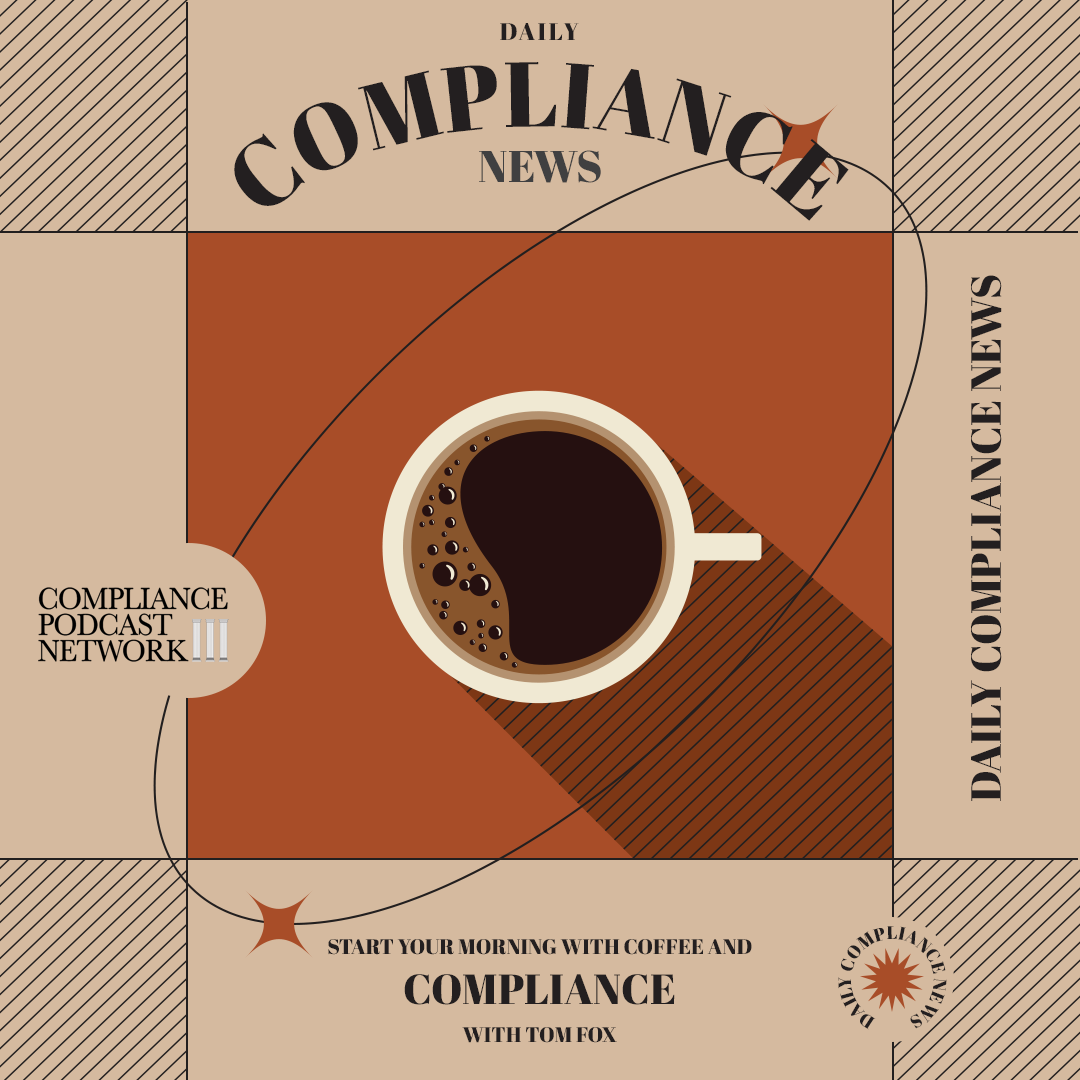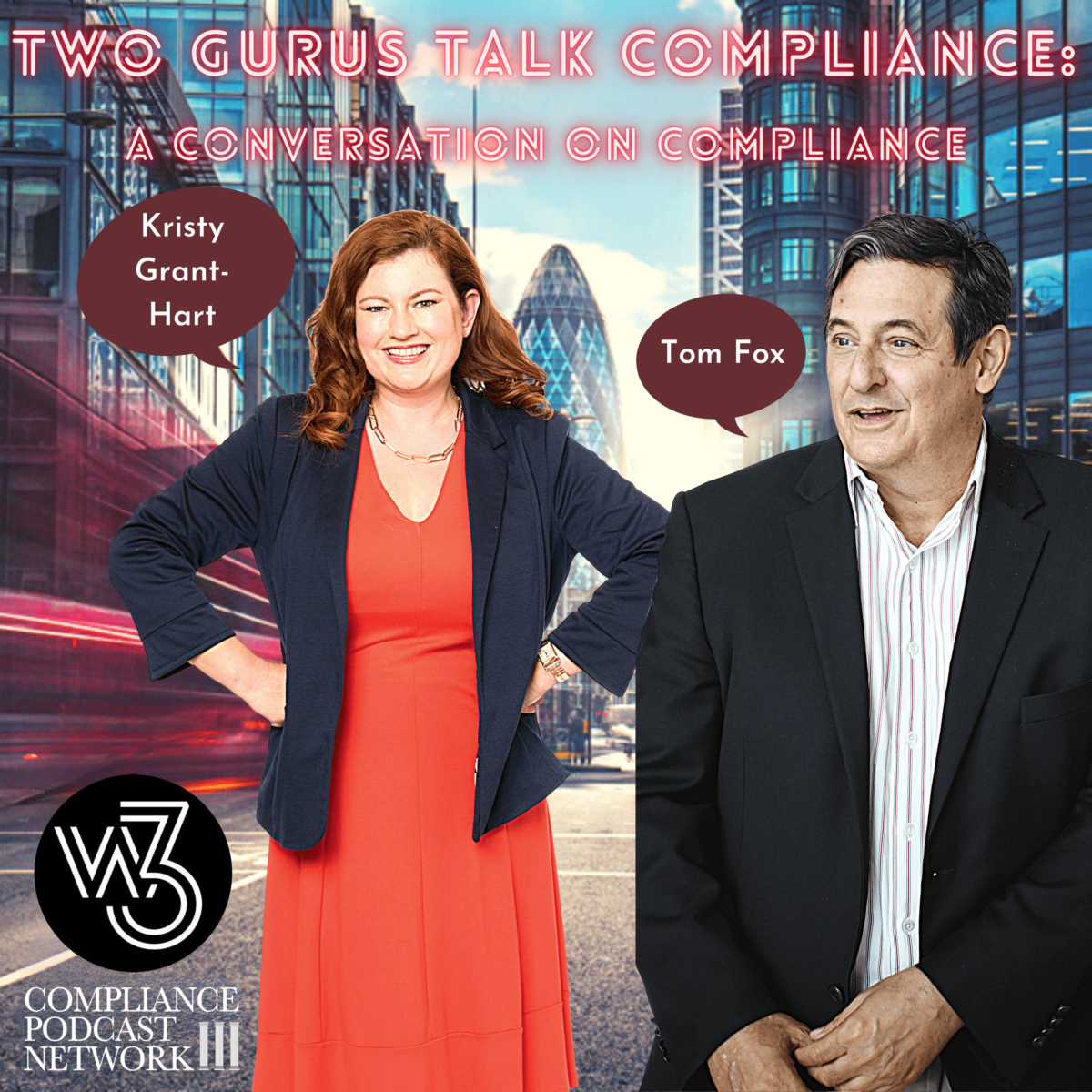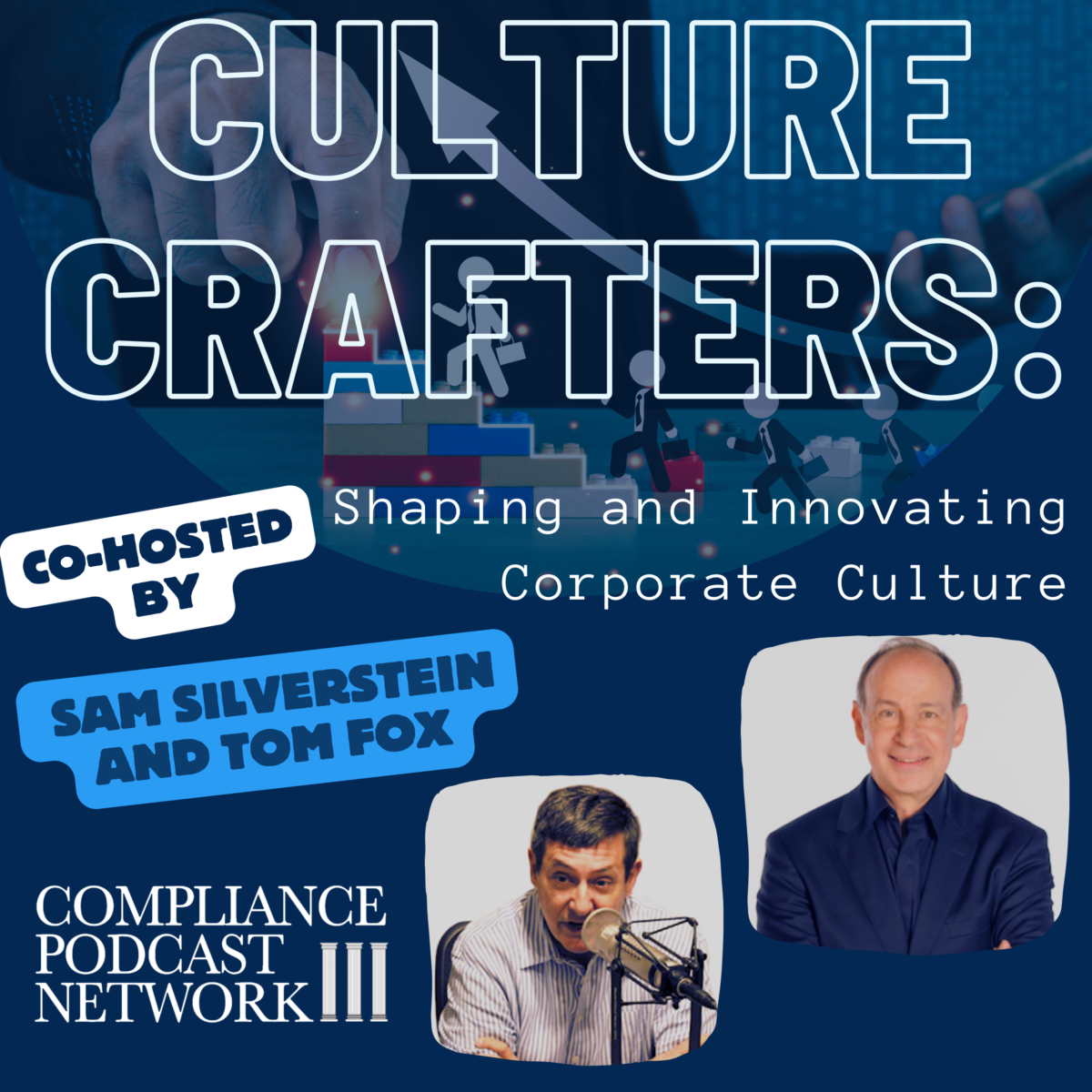How bad is Boeing’s culture? It is so bad that, as reported in the WSJ, the CEO has announced his departure from the company, and the Chairman of the Board of Directors has announced he will not stand for re-election. It is so bad that the New York Times asked in a headline, What Should Boeing Do to Fix Its Longstanding Problems? Over this week, I have been exploring how a company can assess its corporate culture, improve it, and make those changes permanent through continuous monitoring and improvement. I want to conclude this blog post series by applying those lessons to the current culture at Boeing.
First, Boeing must create a culture that prioritizes those who speak up about safety issues. An organization’s speak-up culture is essential for fostering open communication, transparency, and employee trust. Such a culture encourages individuals to raise concerns, flag potential issues, and contribute to a safer and more accountable work environment. By prioritizing a speak-up culture, companies can proactively address challenges, prevent safety risks, and promote a culture of continuous improvement.
A speak-up culture is a critical factor in ensuring organizational success and safety. Employees must feel safe, valued, and empowered to voice their opinions without fear of reprisal. Boeing must create a culture of trust and psychological safety to enable individuals to speak up, as a culture that supports open communication leads to better decision-making processes and overall performance. A speak-up culture is pivotal in shaping a positive and proactive organizational environment.
Accountability in leadership is fundamental to setting the tone for organizational culture and fostering a sense of responsibility and integrity among team members. The resignation of the CEO is probably a necessary first step, as leaders who demonstrate accountability not only model desired behaviors but also create a culture where individuals take ownership of their actions and outcomes. Leaders cultivate a culture of trust, respect, and ethical conduct by holding themselves and others accountable for their commitments and decisions. Such leadership is lacking at this point at Boeing.
Sam Silverstein has emphasized accountability in leadership as a transformative impact on organizational dynamics. By stressing that accountability is a way of life rather than a mere task, Silverstein underscored leaders’ profound influence in shaping the values and norms within their teams. He stressed the importance of consistency and fairness in holding individuals accountable, noting that leaders play a pivotal role in setting expectations and driving cultural change. The discussion underscored the critical role of leadership accountability in fostering a culture of integrity and excellence within organizations.
Yet the question remains: How can Boeing change its corporate culture? Changing organizational culture is a complex and multifaceted endeavor that requires a deliberate and strategic approach. To shift its culture, Boeing must first assess the existing norms, values, and behaviors that shape its environment. Boeing can begin by identifying areas for improvement and aligning cultural practices with desired outcomes. Companies can embark on a journey of cultural transformation that enhances employee engagement, performance, and overall organizational success. It all starts with a cultural assessment.
Equally important is the need for the new CEO and Boeing’s senior leadership to fully commit to driving cultural change within organizations. Boeing can initiate meaningful change by defining and measuring the current culture, investing in training and education, and holding individuals accountable for upholding cultural values. Cultural initiatives must be aligned with business objectives and ensure that cultural transformation efforts are embedded in every aspect of the organization. There are significant challenges ahead for Boeing, but the company has the opportunity to achieve lasting transformation.
In short, the company must take the following steps:
- Analyze its safety failure report to uncover critical insights into safety management protocols and potential areas for improvement.
- Explore the profound impact of company culture on safety practices and understand how it shapes employees’ behavior and decision-making in critical situations.
- Implement effective speak-up programs to empower employees to voice their safety concerns without fear of reprisal, fostering a culture of open communication and proactive risk mitigation.
- Foster safe environments by leveraging leadership’s pivotal role in setting clear safety expectations, modeling best practices, and promoting a culture of accountability.
- Enhance reporting systems in large corporations to streamline incident documentation, analysis, and communication for proactive risk management and continuous safety improvement.
I hope you have enjoyed this blog post series on corporate culture and that you will follow my latest podcast, Culture Crafters, on the Compliance Podcast Network.










